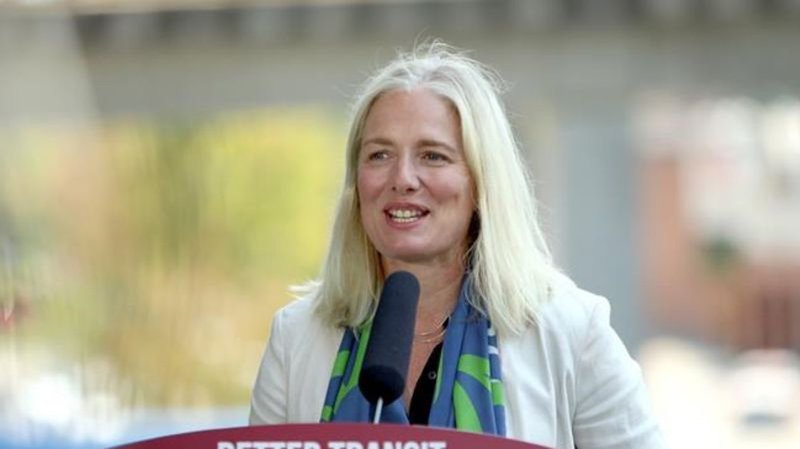
Liberals add $1.4 billion to climate change mitigation fund: McKenna
OTTAWA — Infrastructure Minister Catherine McKenna says the federal government is adding almost $1.4 billion to the disaster mitigation and adaptation fund this year to help communities across Canada facing climate change and environmental disasters.
Speaking to reporters in Toronto Tuesday, McKenna says the funding will support communities in conducting projects to face the risks of wildfires and floods, rehabilitate storm water systems and restore wetlands and shorelines.
Her department says in a news release $670 million of the funding will be dedicated to small-scale projects between $1 million and $20 million while remaining funding will be allocated to large-scale projects above $20 million.
British Columbia’s government has said accommodations for wildfire evacuees are filling up as the flames and smoke from numerous blazes spread, forcing more people from their homes and contributing to an acrid haze that’s blanketing cities in neighbouring Alberta.
